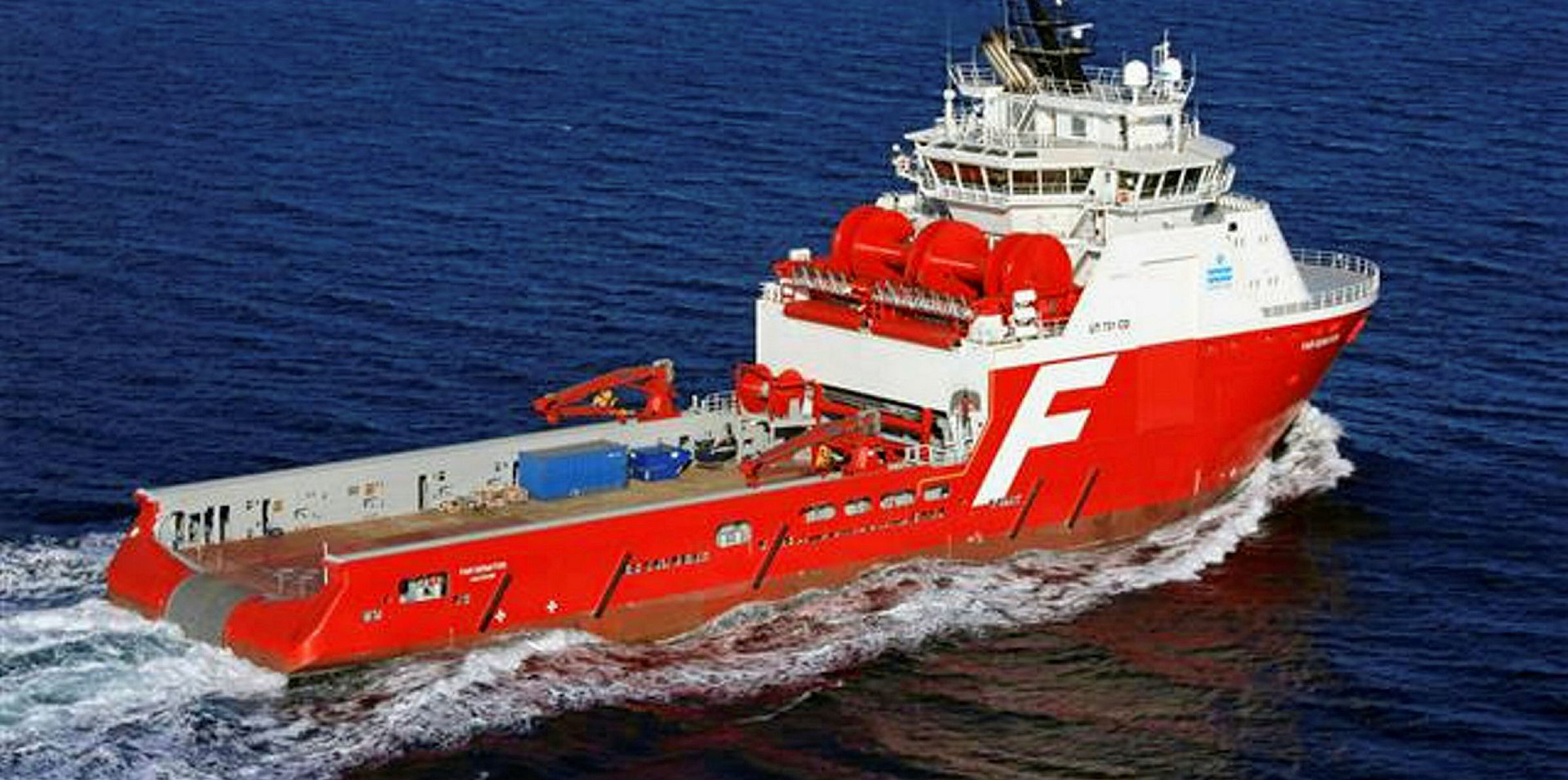Norway's DNB Bank believes shipowners in some sectors of conventional markets are coping "surprisingly well" with the coronavirus pandemic.
The lender is happy with its own maritime portfolio, it told TradeWinds, and has reiterated its commitment to financing the sector.
DNB has 90% of its tanker, bulker, boxship and gas carrier loan book classed as low or medium risk.
Jan Ole Huseby, DNB's global head of ocean industries, said: "For DNB, the Norwegian economy is very, very important, and we have seen some positive signals.
"We are in a very fortunate place in the country. We are a little bit more optimistic compared to a quarter ago."
He called the second quarter a "mixed bag" for owners.
"Tankers have performed extremely well, at least partly in the quarter, but there is some uncertainty related to the future," he said.
"Bulkers have picked up a little bit now. It's a dynamic picture; it's a little hard to tell."
Outlook still uncertain
Huseby added: "The outlook for bulkers and containerships still depends on how the pandemic situation plays out.
"It seems like parts of conventional shipping have been holding up surprisingly well so far."
He said there has been a need for liquidity for some clients, "but it hasn't been that pressing from what we've seen from our side".
"It's not even comparable to offshore, which we are exposed to."
The bank said it is relatively comfortable with the shipping portfolio at the moment.
Exposure fell in the second three months, as well as impairment losses, compared with the first quarter of the year.
DNB said the shipping portfolio was NOK 7.47bn ($794m) lower at NOK 48.9bn on 30 June, compared with NOK 56.4bn on 31 March.
In conventional shipping, there were net impairment losses of NOK 136m, up NOK 141m compared with a year ago, but down NOK 75m compared with the first quarter of 2020
Of the total, NOK 338m is in stage three of restructuring, which is the highest level before default.
This figure was NOK 372m a year ago.
Huseby said that the overall amount of loans will typically go up in some quarters and down in others.
"There is no change to any policies relating to that movement," he added. "It's natural not to be renewing financing of some things that have matured."
There has also been a reduction "primarily relating to what we had already considered things that should not be part of the portfolio going forward. There's nothing new in that.
"And obviously in the quarter there has been quite limited new activity."
Its overall exposure at default for shipping has fallen from NOK 67bn at the end of the first quarter, to NOK 60.5bn at 30 June.
Crude tankers had the highest total in this category, at NOK 15.1bn, down from NOK 16.4bn.
Gas carriers stood at NOK 15bn, compared with NOK 16.1bn three months previously.
The bulker figure was NOK 12.7bn, versus NOK 14.4bn, while chemical and product tankers saw the total move down to NOK 6.2bn from NOK 7.2bn.
Boxships were at NOK 5.9bn, against NOK 7.1bn on 31 March.
Strong shipping ambition
But Huseby said: "The ambition remains strong, we are definitely there to be an important contributor to the industry."
He said this was proved by the lending league tables for 2019 and DNB being able to arrange capital for its clients through a broad range of sources, not just loans.
Huseby added: "I believe our set-up, including the investment bank, should make us able to fulfil the ambition.
"It's a question of balancing the maritime portfolio against the other parts of the bank and to strengthen our capability in other areas, like advisory. We're very well-rigged to meet demand."
Equity and bond markets have been stronger than expected, DNB said, resulting in an active quarter for its investment bankers at DNB Markets.
This division earned NOK 547m in fees and commissions in the three months to 30 June, up from NOK 372m in the first quarter, and at the same level as the second three months of 2019.







